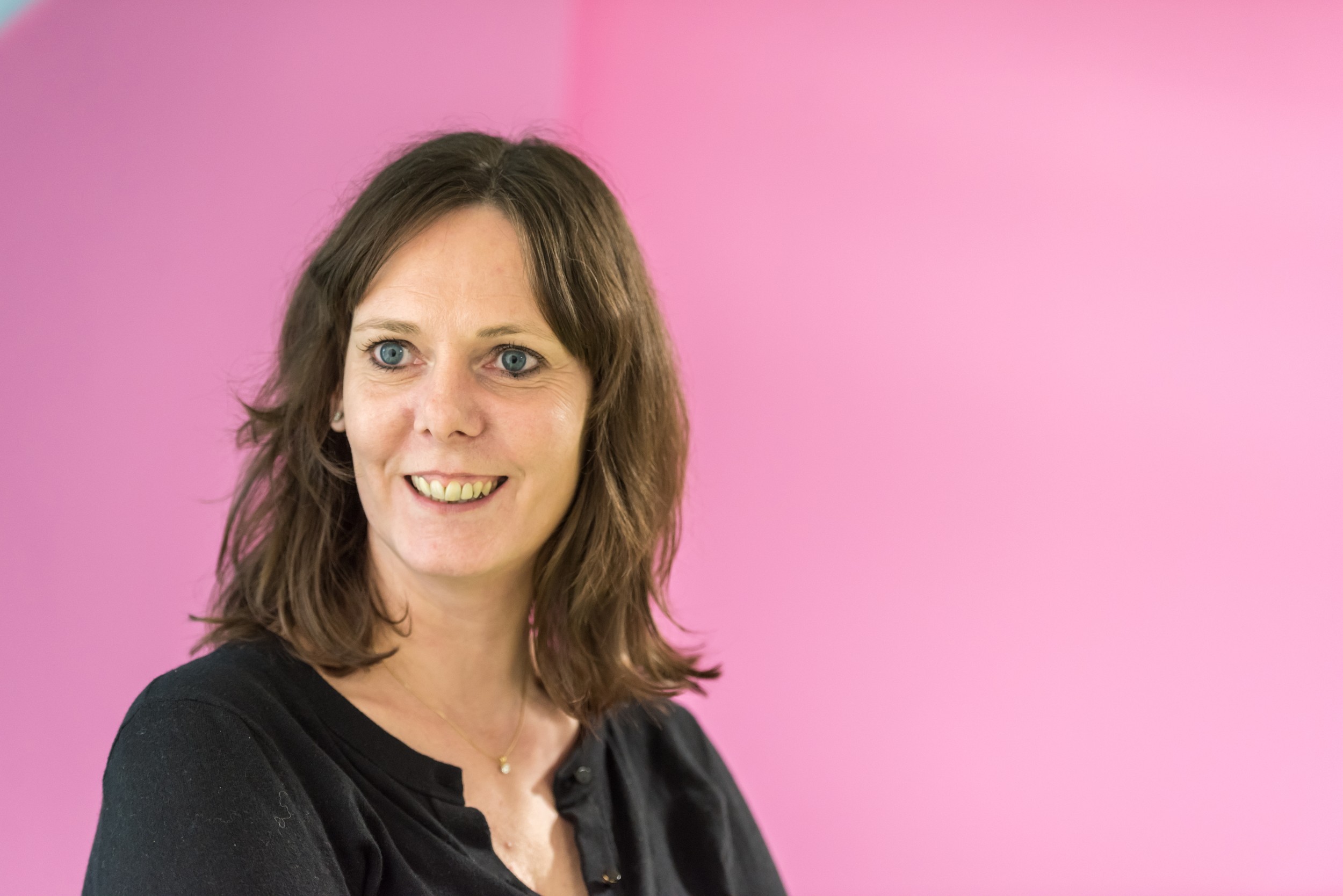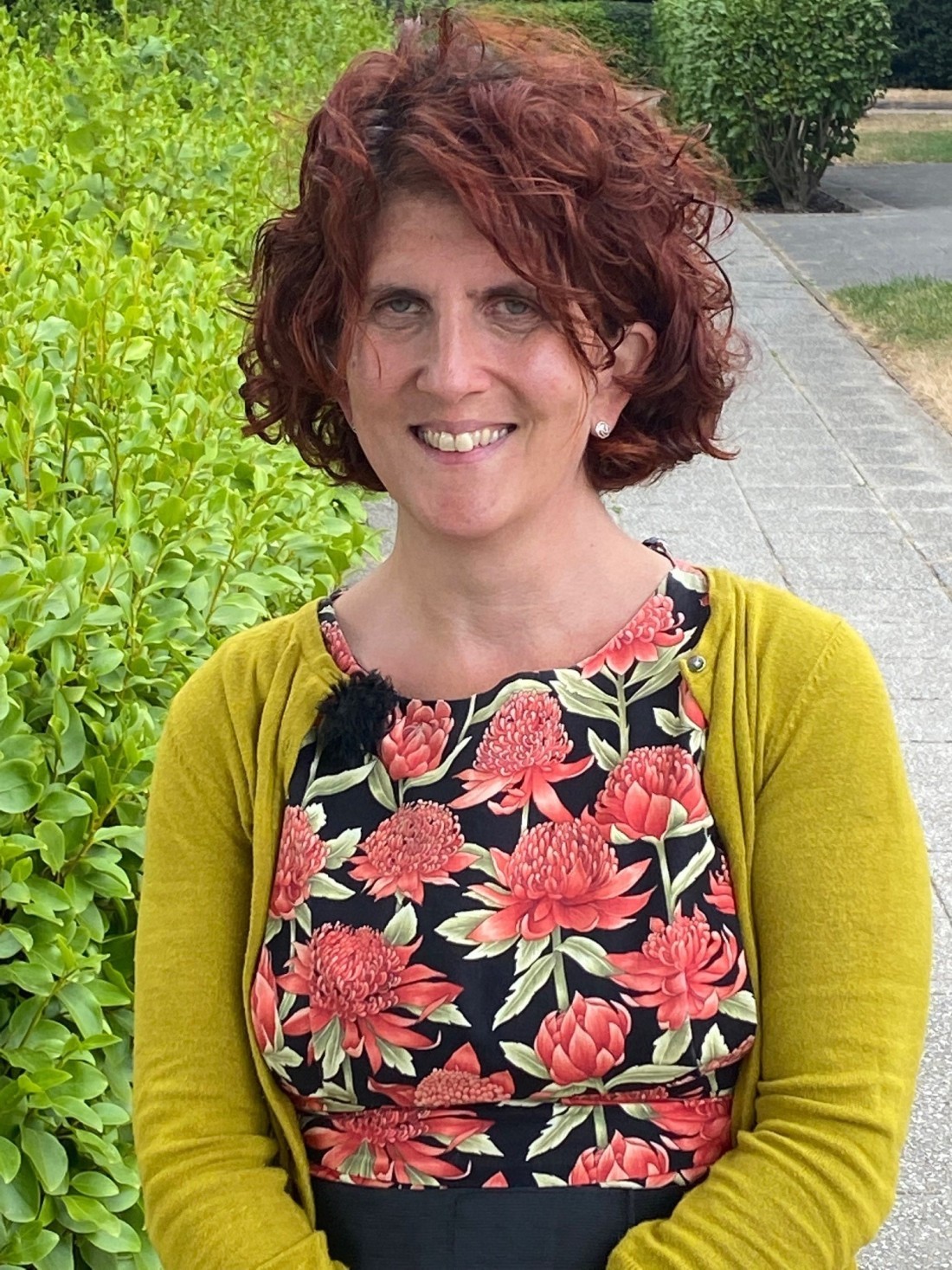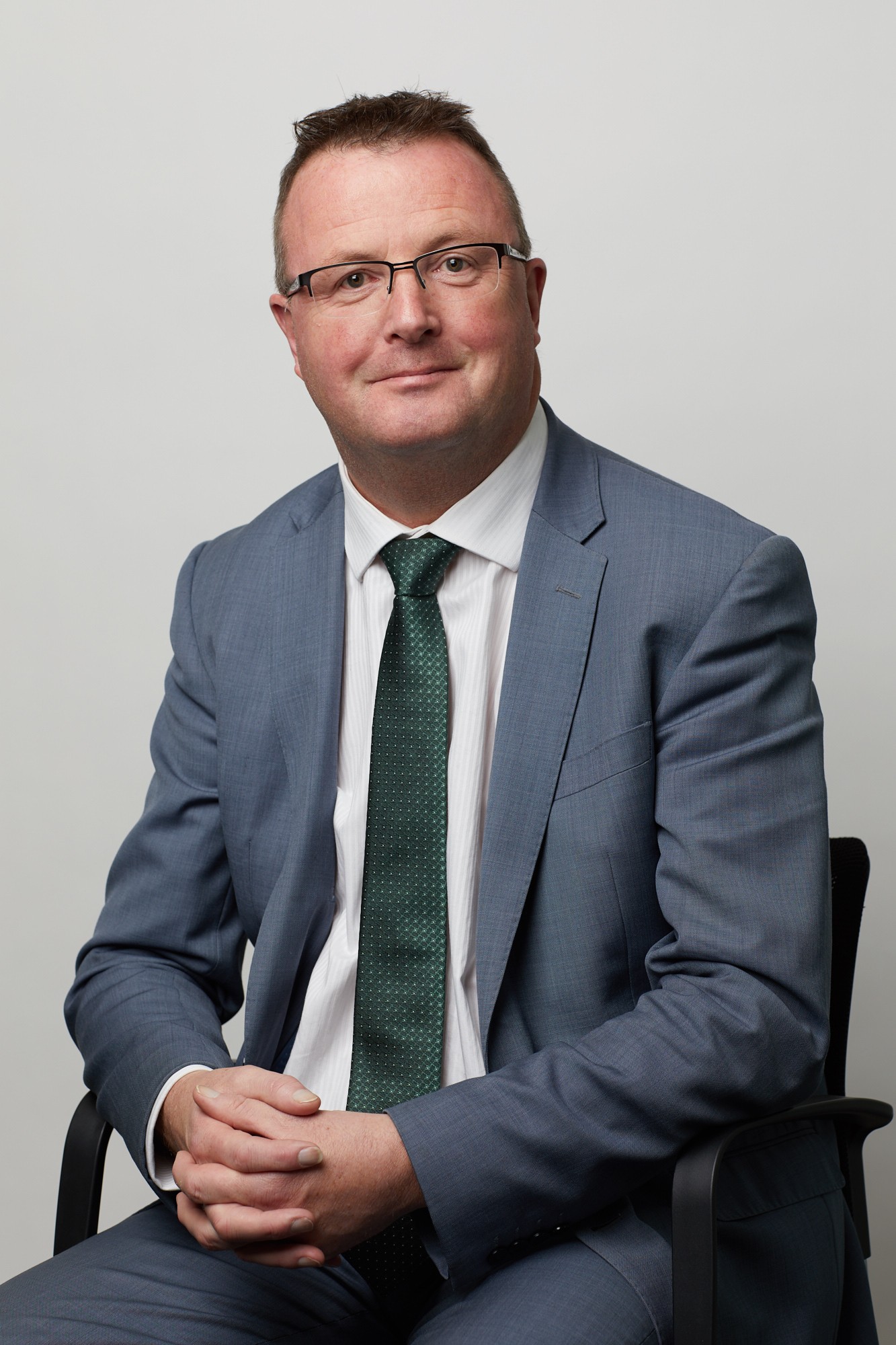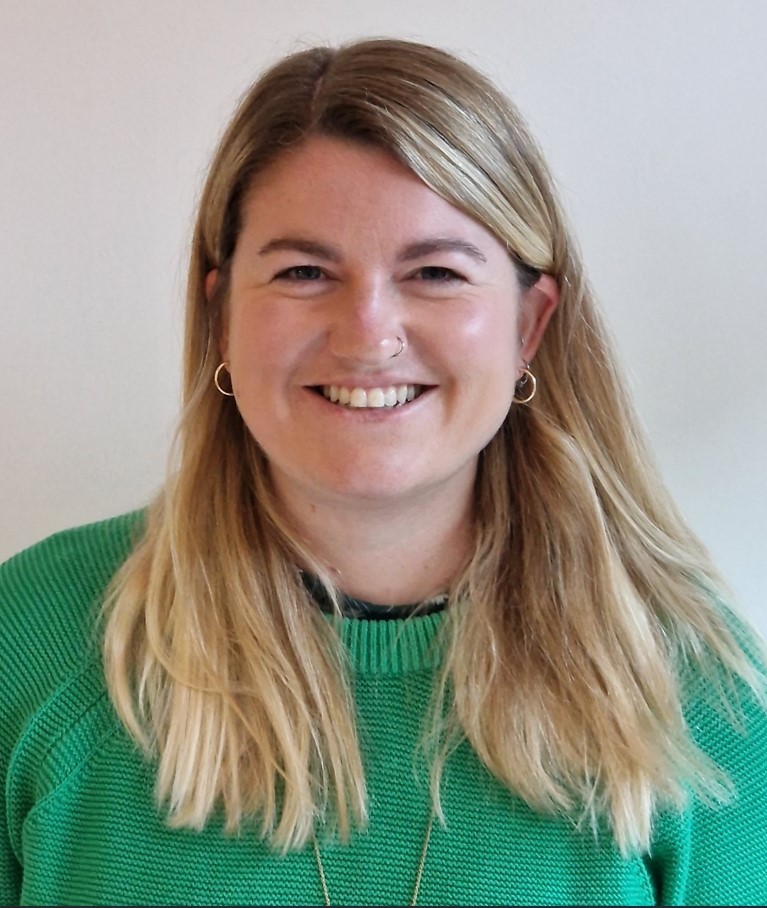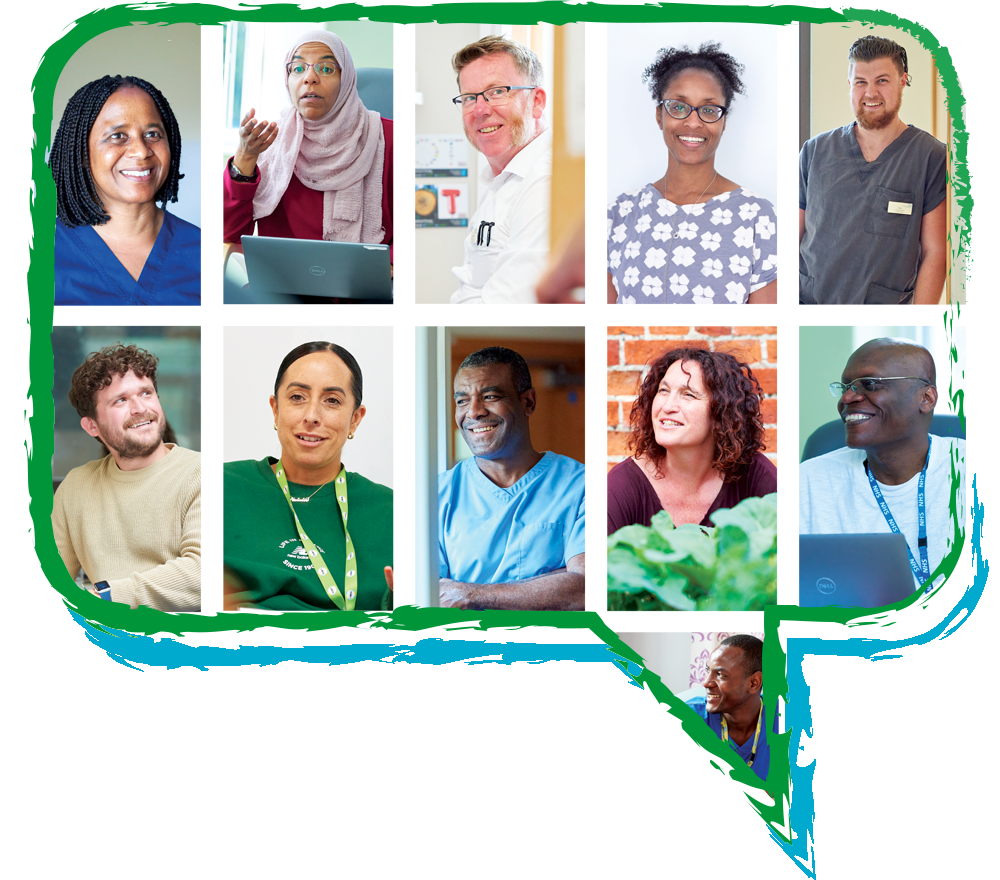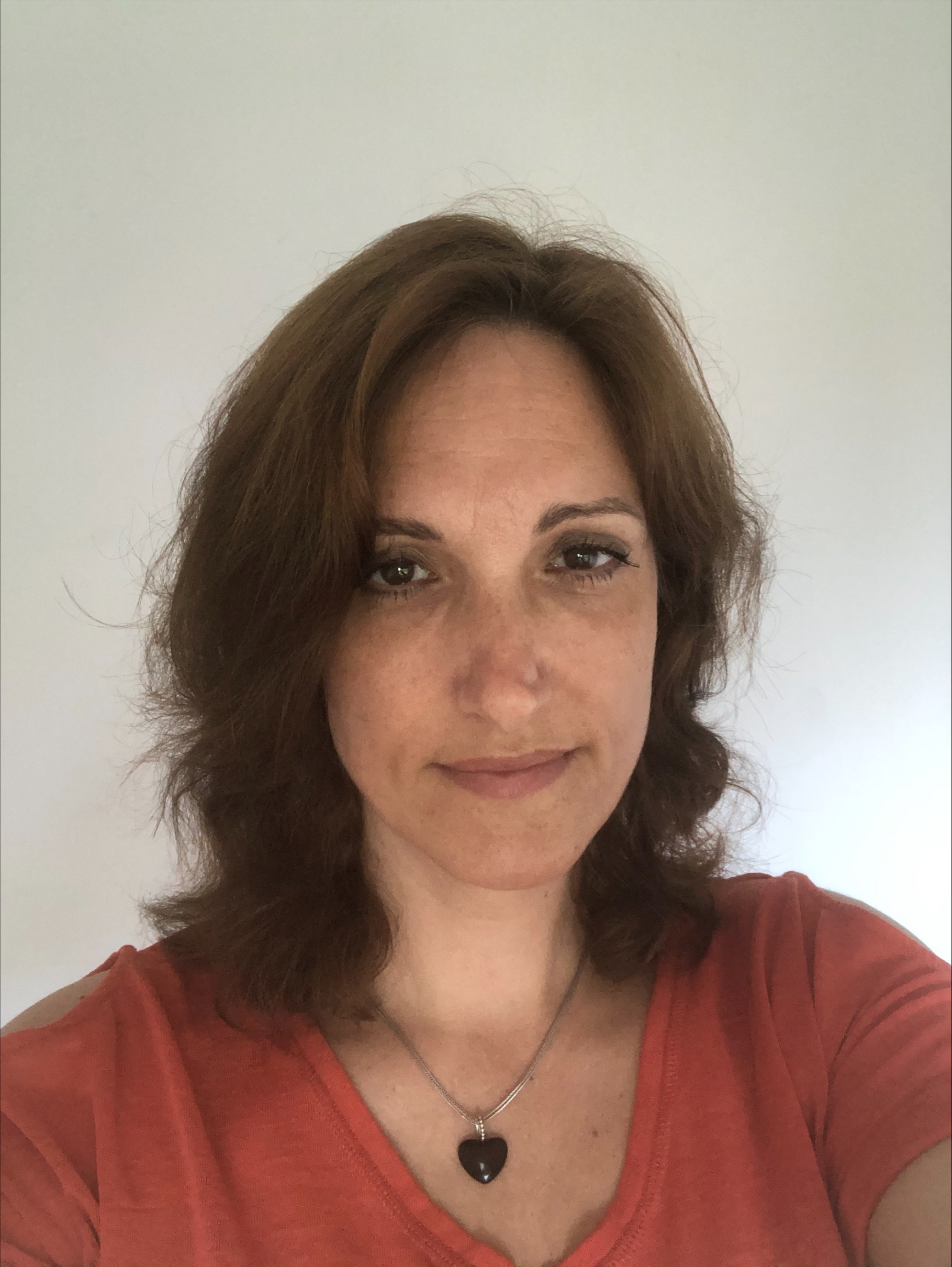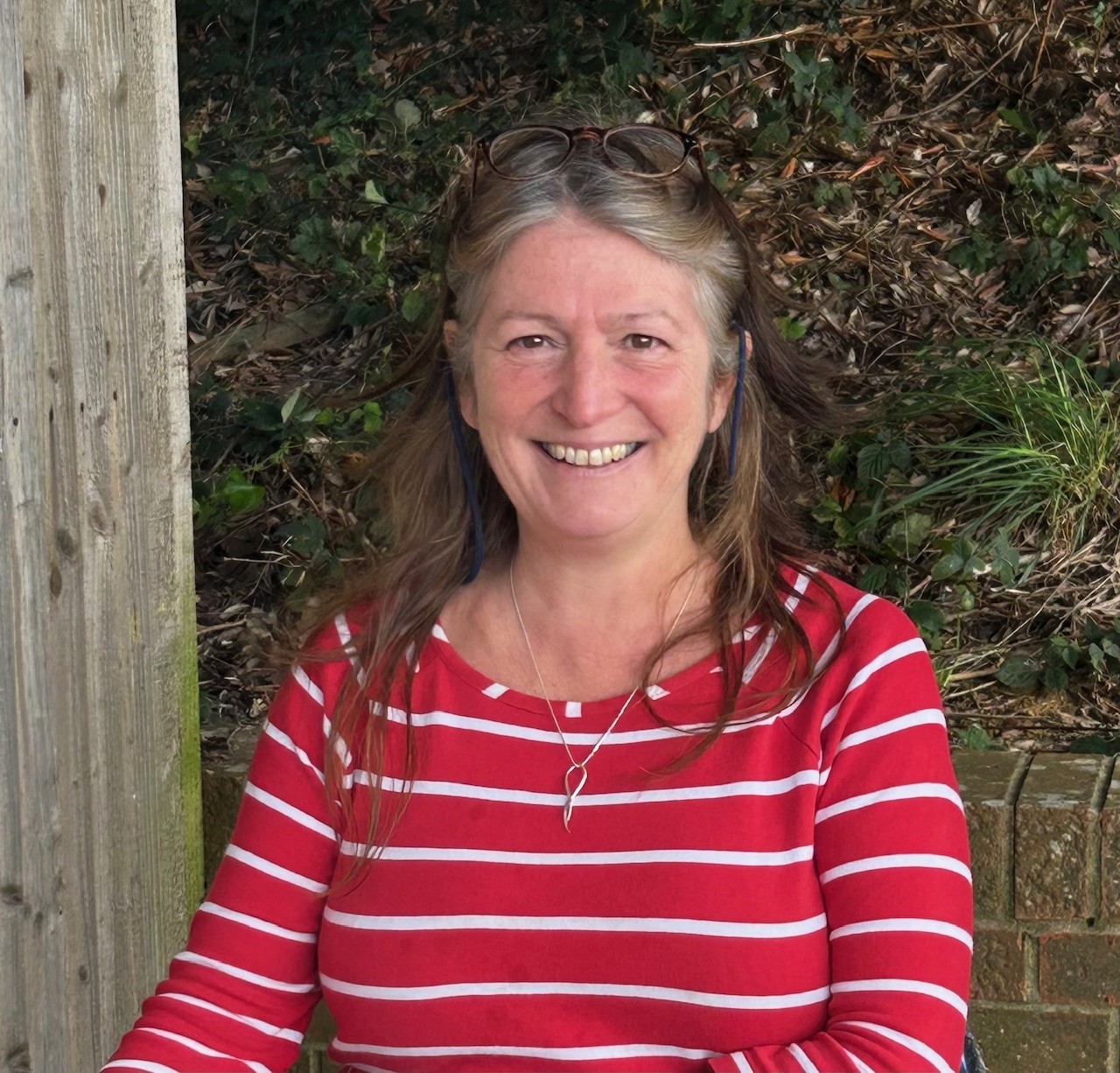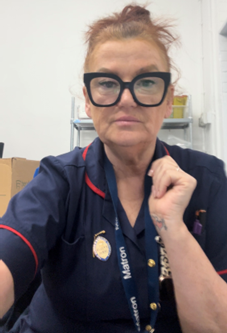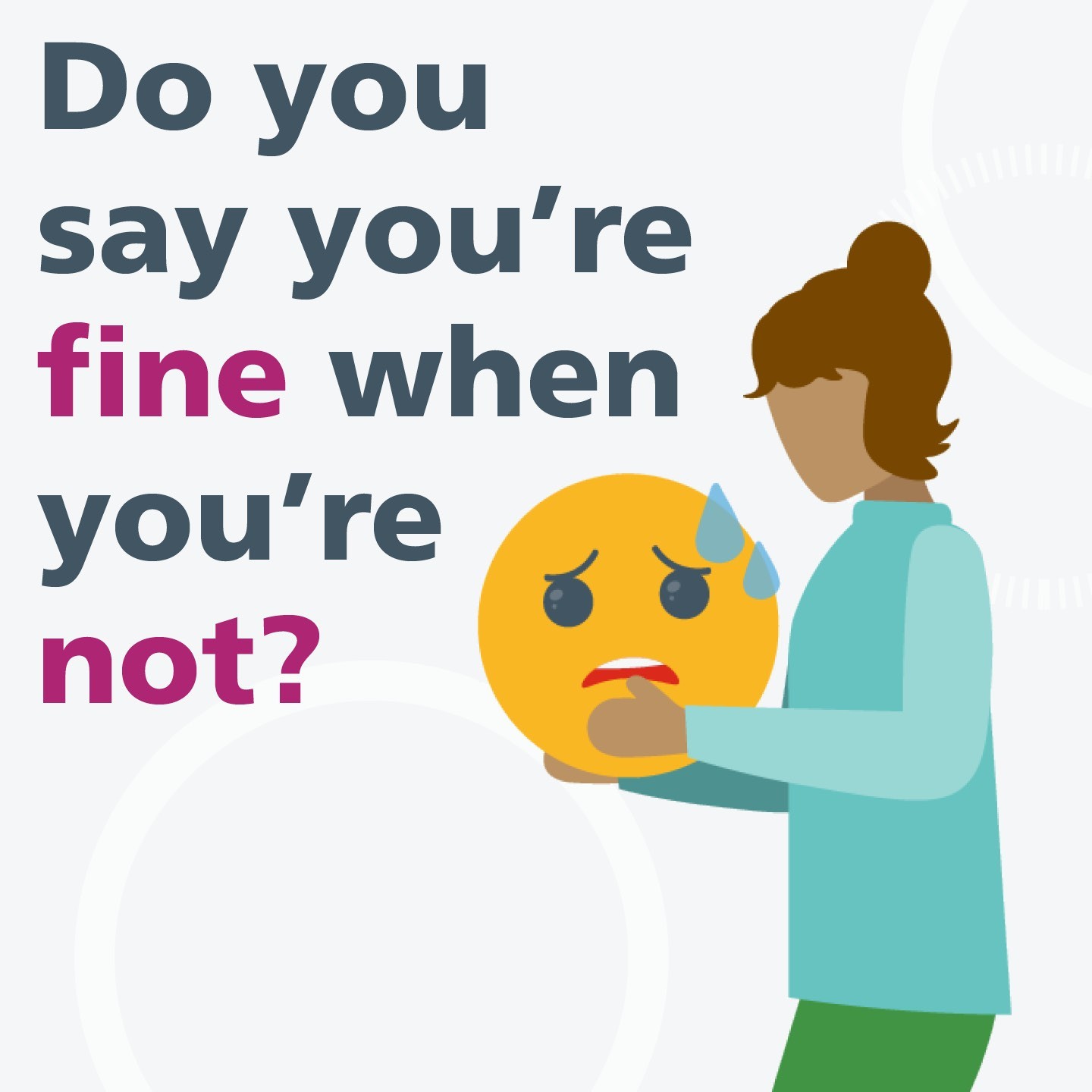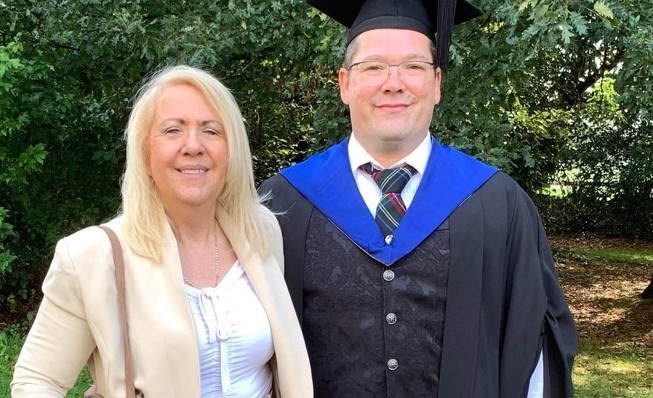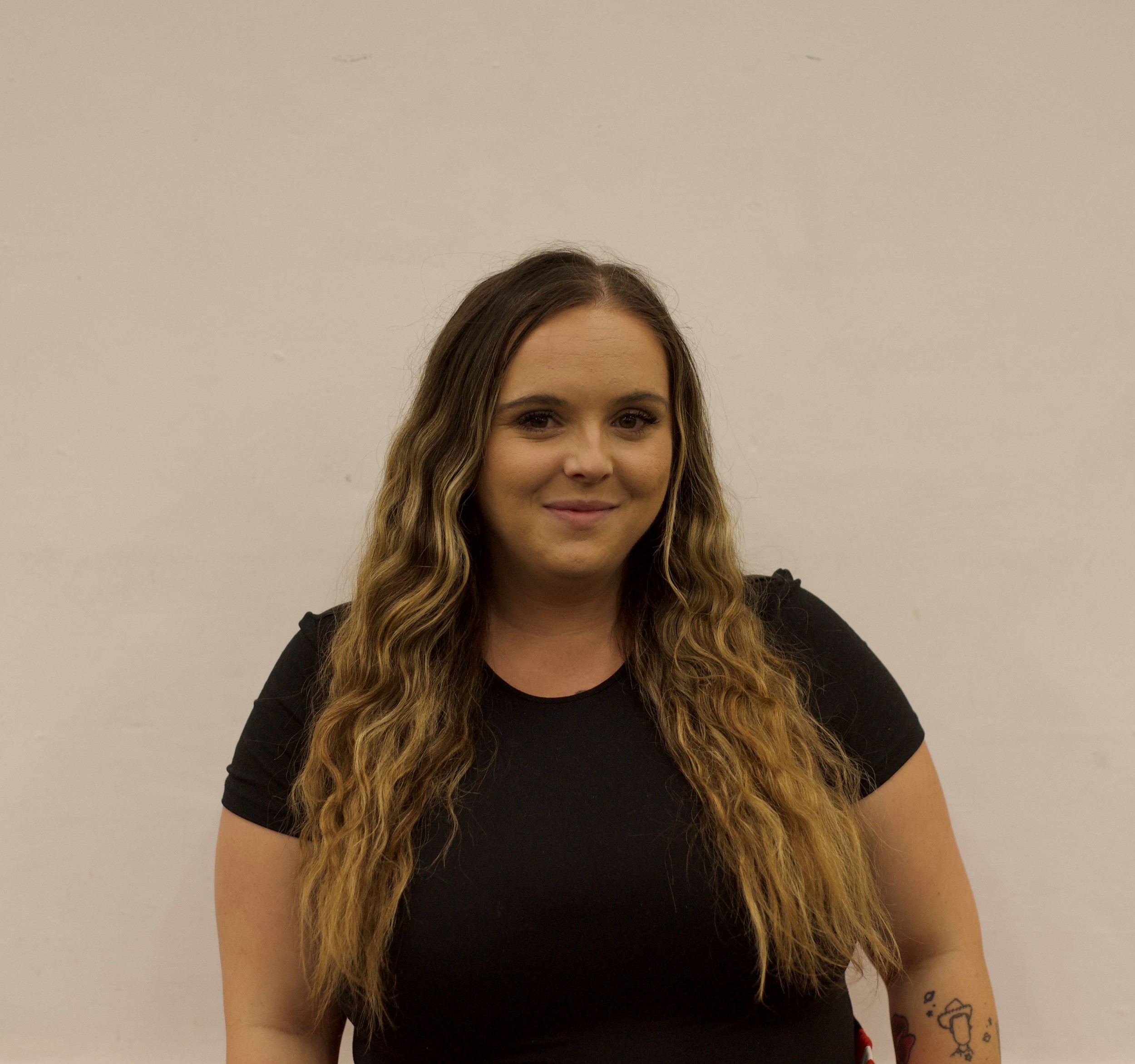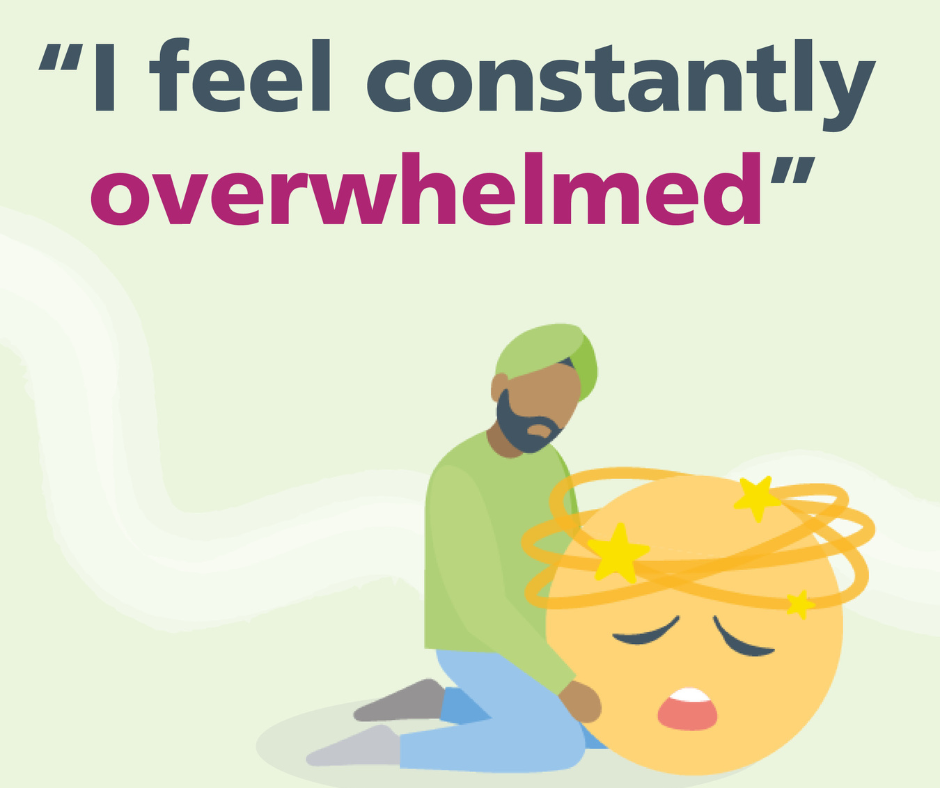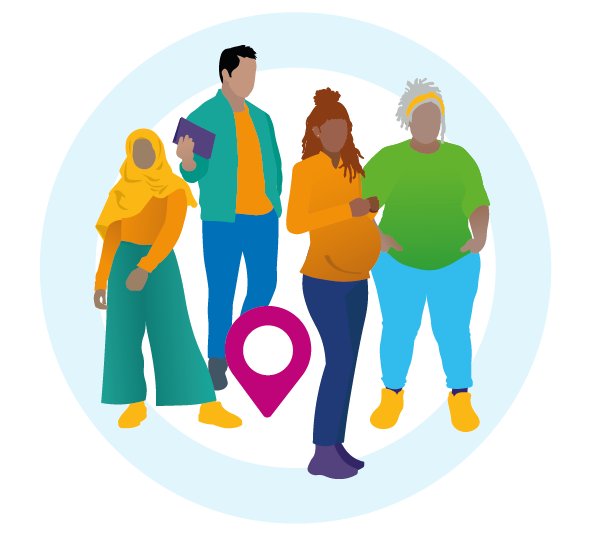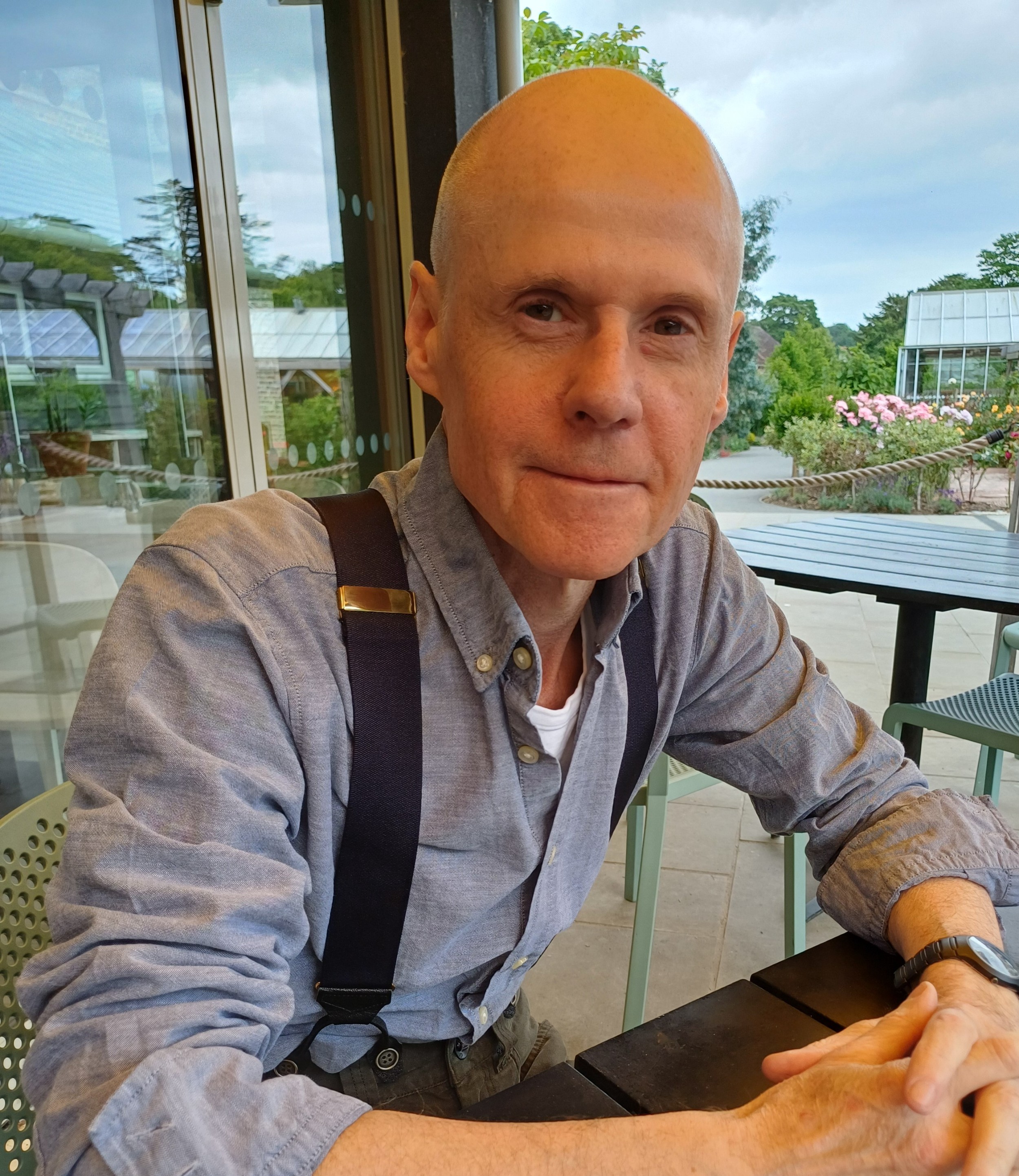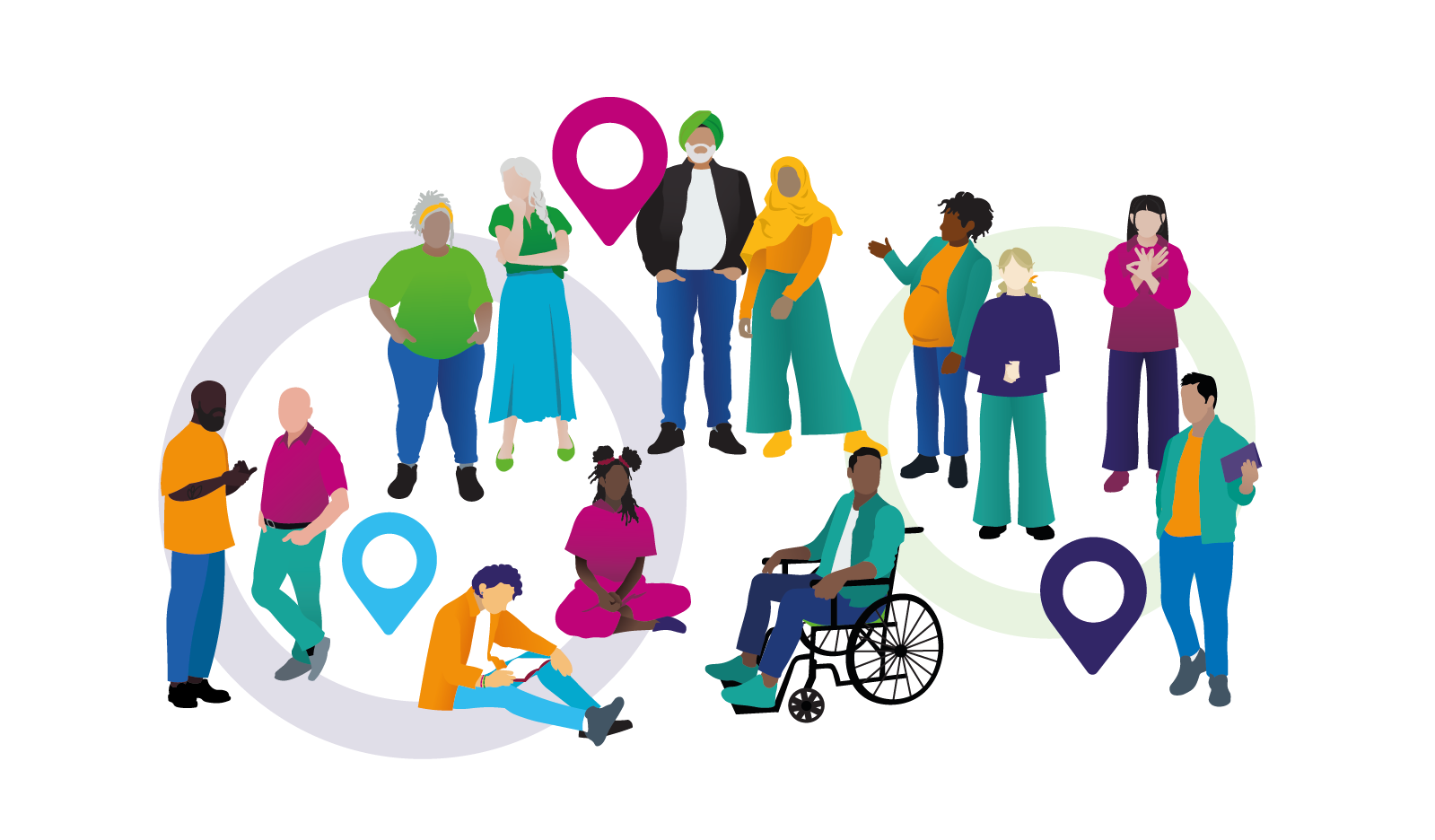
When to ask for help: the mental toll of being a carer
Hi there, my name is Mandy. I would like to thank you for taking the time to read my very first attempt at a blog.
I hope that you will be able to take something from my story and find encouragement and inspiration for yourself.
My story starts when I had to return to my family home in my thirties, as a consequence of ending a toxic marriage, losing my long-term rental and my career.
I was confronted with the unenviable position of having to care for my parents, as well as hold down a job. A situation all too common when it comes to home care.
I carried this responsibility and its stress, which often peaked when formal and informal support had finished for the day, for three years. My motivation was seeing it as the way to honour my parents' wishes to maintain their personal privacy and retain their independence. They wanted as little state and community intervention in the home as possible.
However, the cost to my own mental health and quality of life was deteriorating. The impact on my mental health - as I now know is the same for a lot of carers - was huge. This was picked up on by my employers and my parents' adult social and community care team.
The day I decided to finally officially establish an official 'carer status' marked the start of gaining access and freedom to focus on my own healing from trauma and crisis, both in my personal and family life.
I started my own recovery roadmap.
I began advocating for my own wellbeing needs, liaising with adult social services and the NHS, in an attempt to improve my situation.
I realised one of the most stressful things I was dealing with was anxiety about my parents' welfare and the weight of responsibility I had to deal with as their sole carer. With support I was able to start getting better and my deep anxiety was eased, especially at night, when I was catastrophising and predictive thinking.
Becoming an official carer meant having access via zoom and in person to carers' groups, peer support and community links and this helped me start to piece my life together and really work on implementing my self-care plan. I did courses through the Recovery College and Wellbeing centres as well as picking back up my community links of church and long-term friendships.
I was able to focus on fun and wellness, putting my mental health issues temporarily aside and finding a new purpose.
I found a new confidence and was encouraged to undergo community-based peer mentoring training, volunteering as a Buddy within Southdown Mental health Services and now accessing Experts by Experience, which is how I came to write this blog.
We all reaped the benefit of me having the courage and means to address my needs as we had quality time together as a family. I felt I had the support and personal capacity to fulfil my duty as a daughter. I took pride in being able to carry myself with dignity and live an authentic life. I am mentally and emotionally richer now I have travelled as both a carer and a mental health service user.
My message to anyone who is a carer is to please look after yourself. The toll of caring for others is massive and your mental health can suffer. There is help out there and your life can change for the better.
I hope my story can help others in some way. Thank you for reading about my journey.
